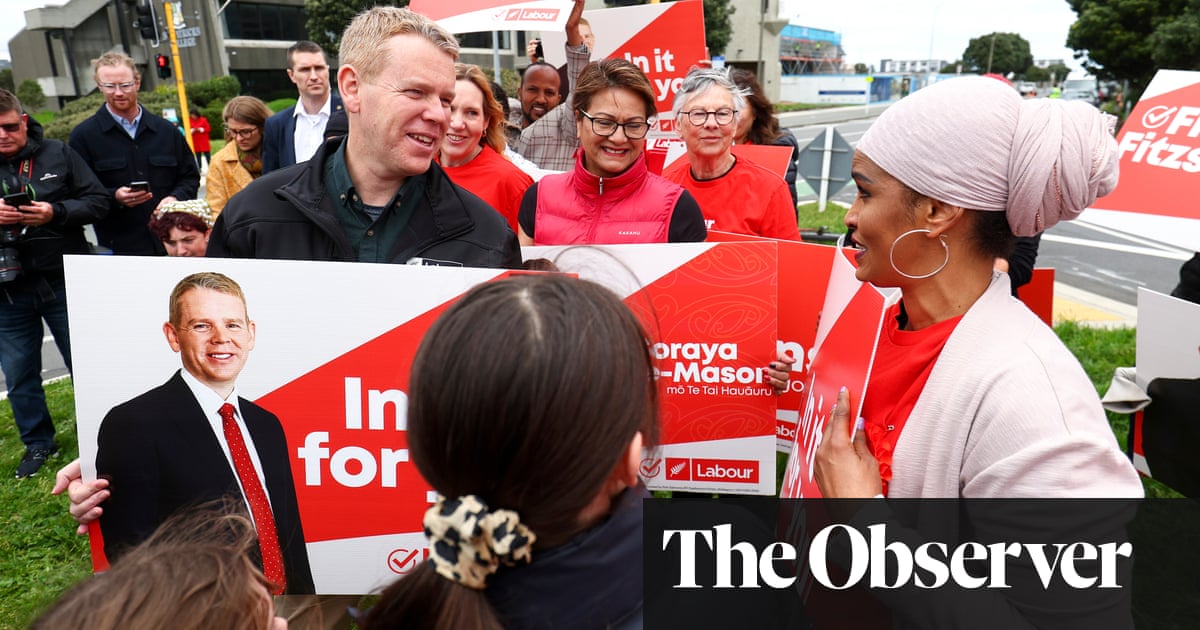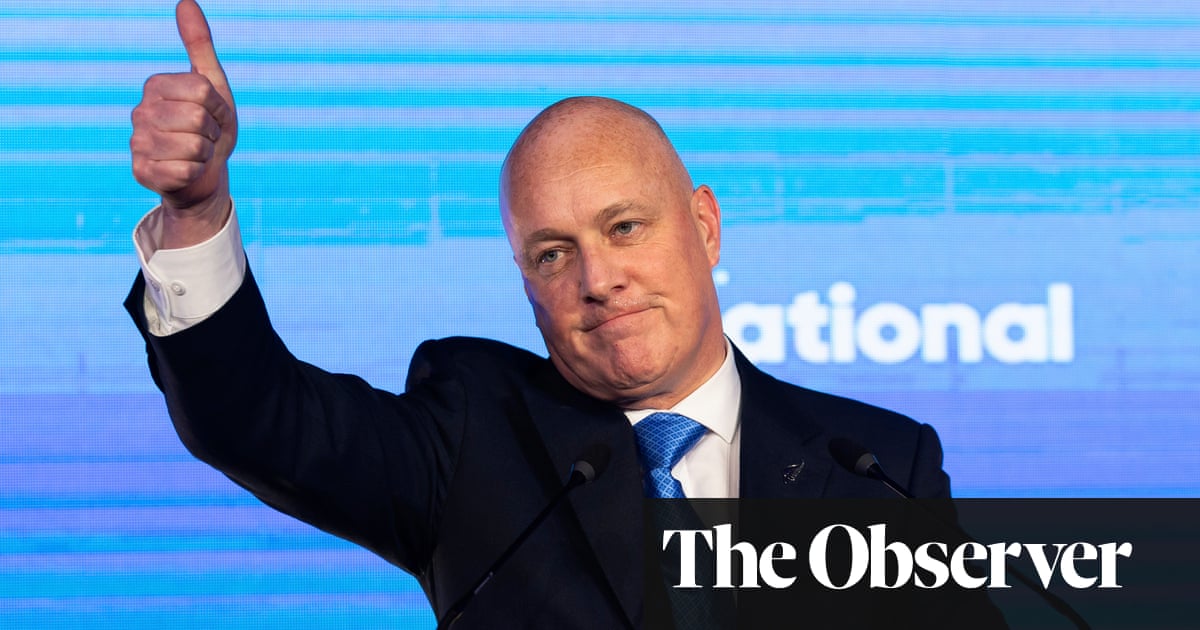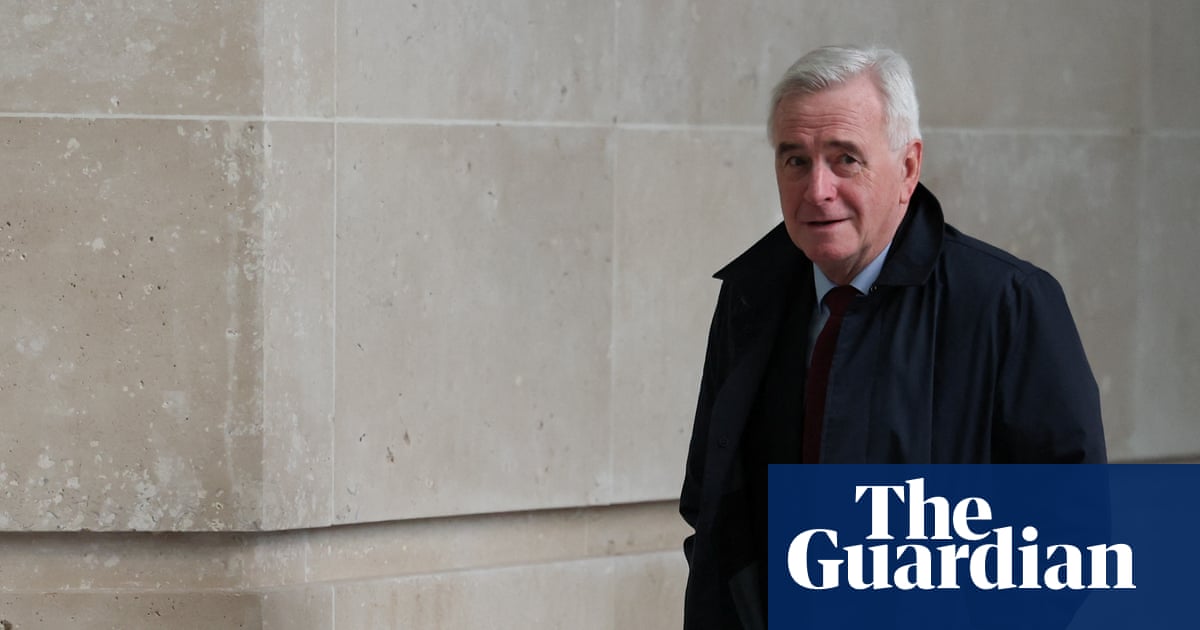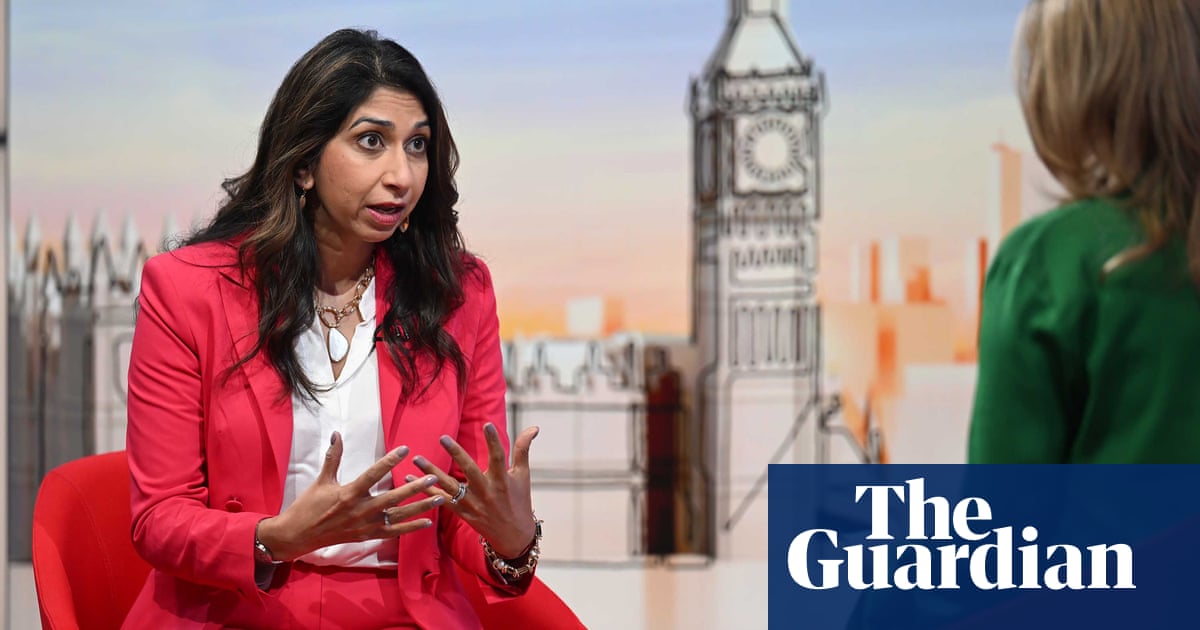
In what could be one of the Covid era’s most abrupt reversals of political fortune, polls on New Zealand’s election on 14 October suggest voters appear ready to abandon the country’s centre-left government – once wildly popular – in favour of a centre-right coalition whose policies would permanently draw a line under the Jacinda Ardern era of politics.
With the major parties, leftwing Labour and rightwing National, tussling over the centre, it is not a clear surge of favour for rightwing politics driving the shift. Instead, New Zealanders – exhausted by the pandemic, a cost of living crisis and frustration with their leaders – are mulling a shift to the right in what some analysts have deemed a “change” election.
“If you’re a voter and you’ve had nearly six years of a Labour government and the cost of fruit and veggies is really high and they’re not implementing a wealth tax,” says Lamia Imam, a political commentator and a former Labour staffer, “then why wouldn’t you be like, ‘Hey, I just want something different’ and see what happens?”
The mood could not be more different from the 2020 election when New Zealanders – overjoyed about a world-leading Covid containment strategy – voted enthusiastically to retain the Labour government, and rejected exhortations to populism that had taken hold abroad.
But in the three years since, polls have started to record that the majority of voters feel the country is on the wrong track, reversing two decades of consistent public satisfaction under both Labour and National governments.
In a 1News Verian poll in the past week, Labour – which secured more than 50% of the vote in 2020 – languished on 26%. The opposition National party led on 36% although its numbers had not shifted since the previous survey.
During 2023, as parties across the spectrum pared their policies down to, essentially, one issue – how to provide cost of living relief – the campaign became lacklustre, says Ben Thomas, a political analyst and former National party staffer.
“None of them believe that their plans add up to fix the cost of living crisis,” he adds. The lack of electoral enthusiasm for the major parties could leave neither National – led by Christopher Luxon, former Air New Zealand chief executive and a relative newcomer to Parliament – nor Labour, led by prime minister and career politician Chris Hipkins, with an easy path to power.
Governments in New Zealand are usually formed by coalitions, but recent polls suggest National and its traditional partner, Act, a minor libertarian party, would not win enough seats to govern. To become prime minister, Luxon could be reliant on a long-serving maverick, Winston Peters, whose New Zealand First party could hold the balance of power. Peters, a self-professed populist, has held the kingmaker position before, and has propelled both Labour and National to power. After a term in the political wilderness when his party failed to re-enter Parliament in 2020, Peters has attracted new admirers on a platform of decrying the government’s early Covid response (he was a cabinet minister in 2020), transgender equality and initiatives for New Zealand’s Indigenous Māori people (Peters is Māori).
Luxon in September said he would work with Peters if it was his only route to power. Hipkins and Peters – who have governed together before – have both stridently ruled out doing so again.
According to numerous polls, even with growing support for its traditional leftwing support partners – the Green party and Te Pati Māori – Labour would be well short of forming a government.
Hipkins was thrust into the premiership in January after Ardern quit the post abruptly. While initially he received a polls boost, it did not last. Four Labour cabinet ministers departed in quick succession, each in awkward circumstances.
But eclipsing Labour’s internal woes was the cost of living crisis, driven by a global recession, inflation reaching three-decade highs, record grocery prices, and a series of interest rate rises. In January, Hipkins pledged to focus solely on “bread and butter” matters discarding cultural and environmental pledges that were hallmarks of Ardern’s time in office. He also ruled out a wealth tax, to the chagrin of some supporters. Janet Wilson, the chief press secretary for National’s leader before the 2020 election and now a political commentator, says Labour under Hipkins “has not been true” to what voters expected.
“If you are a party that stands up and says, ‘This is what we believe,’ and then three years later you stand up and say, ‘We’re not going to follow that now,’ that’s how you lose voters,” Wilson says. National, meanwhile, was “devoid of any new, innovative thinking,” she adds. In such a climate, minor parties on the left and right flanks have attracted fresh support.
After the 2020 election, Ardern pledged to “build back better from the Covid crisis”. The reality was not so simple.
At the time, New Zealand had twice quashed the domestic spread of the virus and had recorded 25 deaths. But in the years since – as later variants spread widely, lockdowns dragged on, and the global recession started to bite – the country was forced to address the full consequences of the pandemic well after many other nations did.
As living costs increased, some who had supported the country’s strict lockdowns early in the pandemic changed their minds. Ardern – the face of the successful Covid response – became a more polarising figure. Now, says Imam, Labour scarcely dares to mention their pandemic record. “They don’t brag about the Covid success and they don’t brag about their accomplishments,” she says. “If you’re promising the exact same thing as your opponents, and you’ve been the ones in government, the question is, ‘Why didn’t you just do it then?’” Imam says. However, the expected result is not the same rightwing lurch seen in other western nations in recent years as public dissatisfaction peaked; New Zealand’s two major parties are not so polarised as in the US. But with a single house of Parliament allowing the victors to enact a policy agenda, the vote could be an impetus for political and social change.
In the battle over the cost of living, National has promised tax cuts against Labour’s pledges of tax credits and initiatives such as removing tax from fruit and vegetables. National has also promised public sector spending cuts and pledges of crackdowns on crime and welfare fraud.
It is not clear to analysts how much the lure of conservative policies has attracted voters to the right, and how much is explained by the very New Zealand phenomenon of giving the other side a turn.
Thomas says a National-led government would be more conservative than Ardern’s “big vision” approach to politics; the former prime minister set ambitious, measurable goals – at times with mixed results – paired with “sweeping, transformative” societal initiatives.
“It’s ironic, because Covid showed that big government could do big things,” Thomas adds. “But the economic hangover of that has made people wary of big promises.”
Imam, citing the number of conservative lawmakers in National’s caucus and the prospect of a more influential role for minor party Act, says a centre-right government would be “far more rightwing” than its predecessors.
“I think the New Zealand government will lurch right but I don’t think the electorate will come with them necessarily,” she says. “I do think this election is going to move the country in a different direction.”










